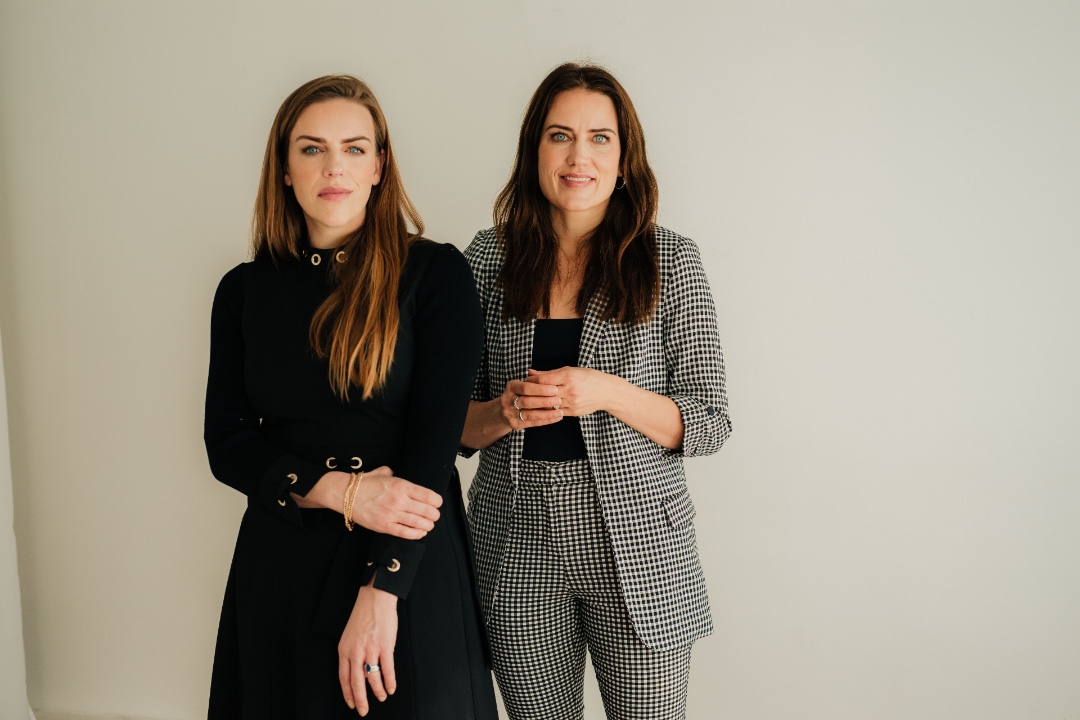
Poppy Barley stitches knitwear into its lineup
Edmonton-born brand Poppy Barley has launched a knitwear line, its first foray into garments after a decade of focus on sustainable leather footwear and accessories.
"It was a product that we felt we could deliver on within our values that would also help with our growth," co-founder and co-CEO Justine Barber told Taproot.
The launch features three sweaters made with certified materials: a crewneck, made from 100% lambswool; a cardigan, which is 100% cotton; and a mockneck that is 50% merino wool and 50% recycled cashmere. The mockneck costs $348 while the cardigan and crewneck are $248.
"Something we did with sweaters is we said, 'No synthetics, only natural fibres,'" said Barber. "We looked for certifications for the different fibres that we chose, such as organic, our responsible wool, our 50% recycled cashmere. So we incorporated different material certifications."
The lambswool and recycled cashmere-wool blend are both sourced from Italy, and the cardigan's cotton comes from Portugal. A family-owned factory in Cuenca, Spain, manufactures the sweaters.
Barber said the decision to expand Poppy Barley's offering into sweaters came from the team's personal and professional experiences.
"We are very proudly Canadian, very proudly designed in Edmonton, so we definitely have an Edmonton perspective on what we bring to market," she said. "We live in a winter city, a cold city where sweaters are one of the most worn items in our closet, and for a very long season."
Barber said the company will expand the knitwear collection in 2024 to include summer knits, skirts, and tank tops, in addition to a second fall capsule.
Along with this year's online release, Poppy Barley held a knitwear launch on Oct. 3 at the Fairmont Hotel Macdonald. The company has an ongoing partnership with the hotel's Confederation Lounge, which has crafted a cocktail called "Knitwear" for its seasonal winter menu. The lounge will donate $1 from every cocktail ordered to the YWCA, a women's social service that advocates for equitable communities.

